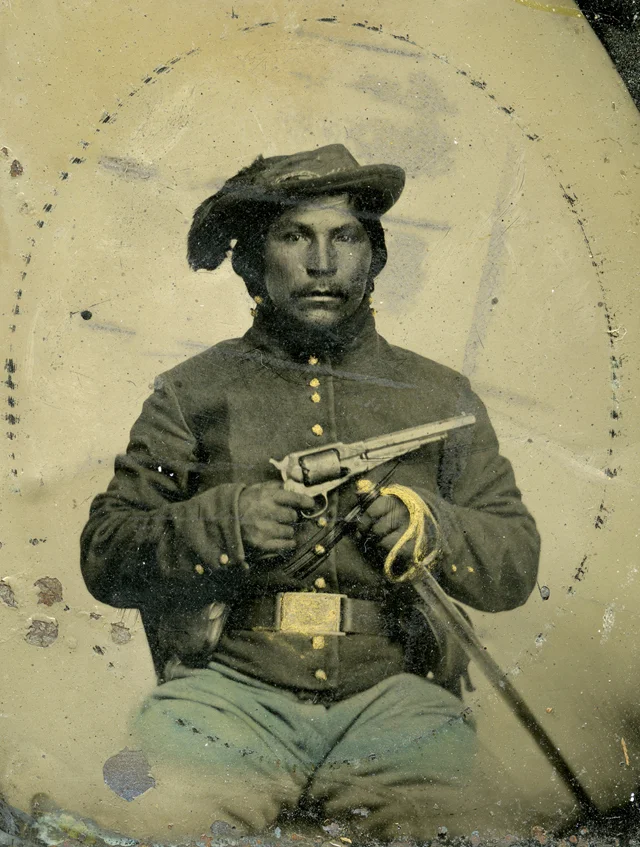Last week, twenty-one year old Dylann Roof shot and killed nine people in Charleston, South Carolina’s historic Emanuel African Methodist Episcopal Church. An act of violence and racial hatred, the tragedy has sparked a nationwide debate over racism and, in particular, the symbolism of the Confederate flag. The flag of a now-dead nation dedicated to the defense of slavery, the flag that appears in photographs with Dylann Roof, and the flag that today floats free over the South Carolina Capitol grounds.
I suspect, owing to public outcry and political pressure, the flag in Columbia will come down. The governor of South Carolina has called for its removal, and yesterday Alabama removed its Confederate flag from the Capitol grounds. Yet while the flag faces greater scrutiny, the current debate cannot merely rest on the Confederate flag. The discussion instead needs to encompass the Confederacy’s legacy in the United States—what the Confederacy stood for, what it means today, and the place (if any) it should occupy in 21st-century America.
Read More









